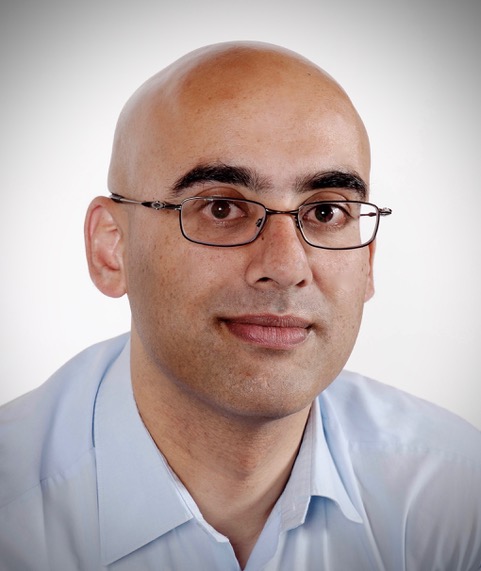Old French Bible Project
A project funded by the Undergraduate Research Assistant Scheme has successfully completed the first stage of interdisciplinary work, between the Institute of Mediaeval Studies and the School of Computer Science. The long-term aim is to digitise and analyse early French bibles. In this pilot project, undergraduate student Gregor Haywood, under the supervision of Prof. Clive Sneddon … Old French Bible Project
